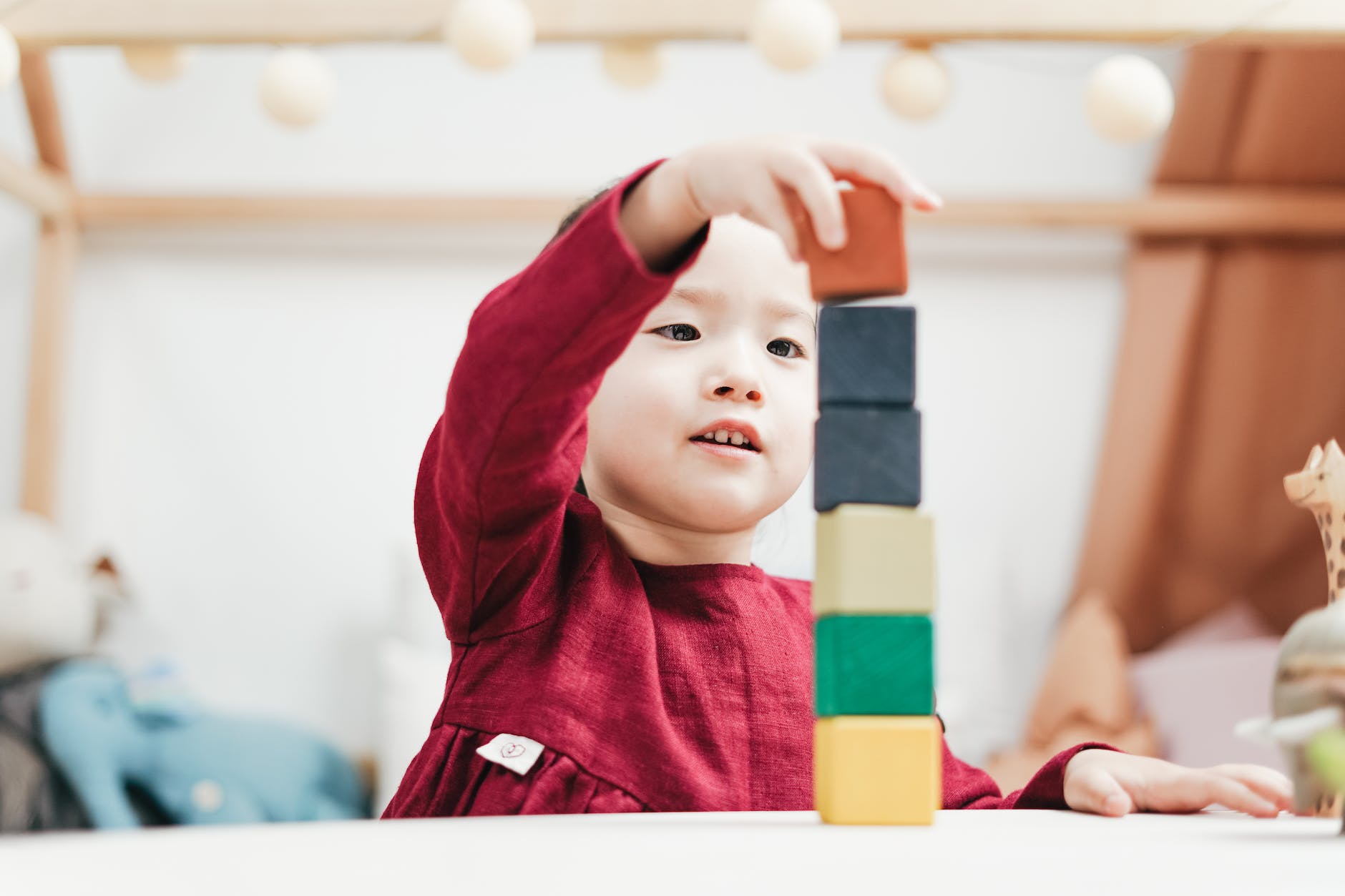
PreSchool
The quick and short answer to the question above is no. And if you are confused, like most parents and caregivers, we will explain why early learning and preschool are different. Firstly, early learning describes a child’s learning from the time they’re born; some scientists and child psychologists believe early learning happens even in utero.
During early learning until four years, your child develops crucial skills and concepts they will need for school learning. Early learning centers, like the Daycare & Early Learning Academy in South Columbus, Ohio help cultivate these skills in children. Early education starts with parents and caregivers and extends to daycare and other early learning facilities.
Early learning can improve a child’s health and well-being because it’s not focused on studying, but on emotional development too. If your child isn’t at daycare, you can still incorporate learning into your daily routine. You can do simple things like counting, singing together, and identifying colors and sounds outside.
Preschool
Preschool happens between ages 3-5 of a child’s life; ages vary depending on location and individual needs. Preschool is part of the early learning phase of a child’s life; the main difference is that a child interacts with peers. Now they have multiple sources of learning simultaneously. This interaction teaches children social skills such as teamwork, patience, and cooperation, which they need beyond the classroom.
The classroom setting helps create boundaries for your child in their interactions with teachers and other children. The preschool setting also helps with emotional development; they learn new skills and how to regulate their emotions. Another advantage of preschool is that as a parent, you have an extra set of eyes, people who are trained and educated in child development.
Preschool teachers can help with the identification of any emotional or cognitive issues. It doesn’t mean you’re a terrible parent if you miss any signs. It’s because children act and react differently in certain situations.
Choosing The Right Preschool
Selecting the right preschool for your child can be overwhelming. We’ve compiled a few tips to help you choose the right one for you and your child.
Go to the open day. A physical visit to the preschool will allow you to visualize your child in the setting. You also interview the teachers and see how they interact with the children.
Children at a daycare or preschool have boundless energy and should be active.
Teacher qualifications are essential, and you can verify them if you want to.
Class size and adult-to-child ratio are crucial for safety and learning; if a teacher has too many kids to look after, they’ll be fatigued and may miss essential incidents in the class.
Last Word
When done correctly, early learning lays good groundwork for school and adult learning because early learning happens at a crucial stage of development. It must be done correctly. Young children are naturally curious at that age and should be guided to discovery at their own pace and within a safe environment. This will also build their self-confidence and a positive attitude toward lifelong learning.






